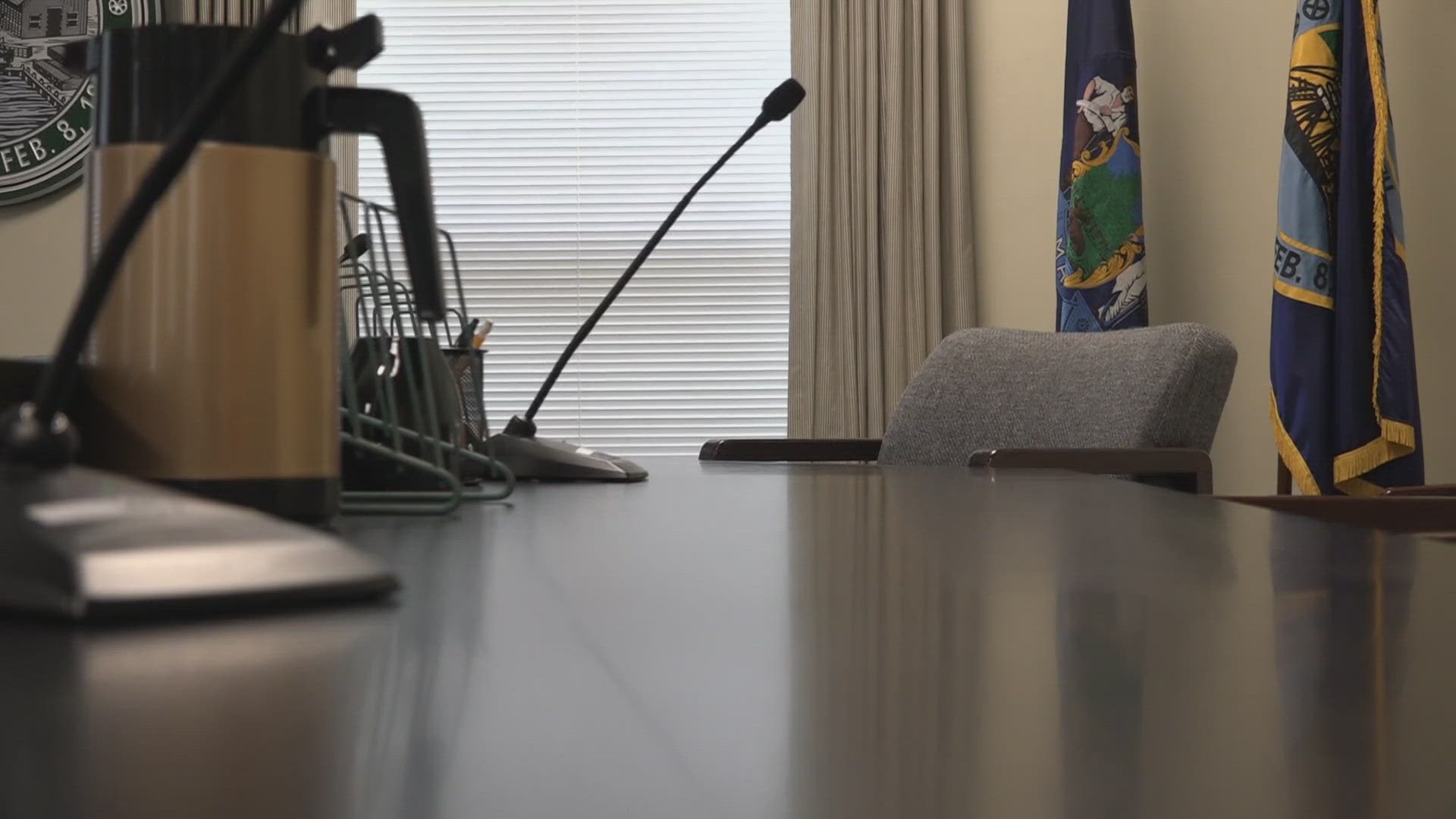HERMON, Maine — Across Maine, ambitions of commercial solar development are running up against municipal rule, all as the state eyes its goal of using 80-percent renewable energy by 2030.
Within the past few years, more than a dozen towns and cities across Maine have passed moratoria—or temporary pauses—on the large-scale commercial solar arrays. The intent is to give small governments the time needed to draft long-term ordinances, an issue without much precedent.
"It's just a lot to take into consideration right now, and I think its very wise for municipalities to put the moratorium on [and] see what they want to do," Josh Berry, the town manager in Hermon—which has its own moratorium in effect—said this spring.
For some of the commercial solar companies eager to begin new projects, this logic makes sense, with conditions.
Fortunat Mueller, the president and co-founder of ReVision Energy, says moratoria are reasonable if they are done in good faith, and aren't in place for too long.
"The process of crafting a thoughtful solar development ordinance is that it should be a three- or five-month process, not a three-year process," Mueller said this spring, adding that a great deal of misinformation about solar energy can pervade these conversations.
While some towns have drafts ordinances during the moratorium period, some localities, notably Brewer, have moved to extend their pause on development, citing the need for more time to address the issue.
The very fact that towns and cities can wield this enormous power over whether vast projects can get going has do with the legal concept of home rule, a mainstay of the local-state relationship since it was adopted in Maine constitution in the late 1960s. The result is a state where towns and cities govern powerfully on matters not explicitly reserved for the state, including areas like land use.
"There's a strong tradition and sense in Maine that local communities can take care of themselves and each other," Kaitlin Caruso, a professor at the University of Maine School of Law, explained Friday. When it comes to solar energy, towns are taking this idea to heart, leaving a unique landscape where commercial solar development, and in turn part of the state's ambitions for renewable energy, are at the mercy of municipal government.

